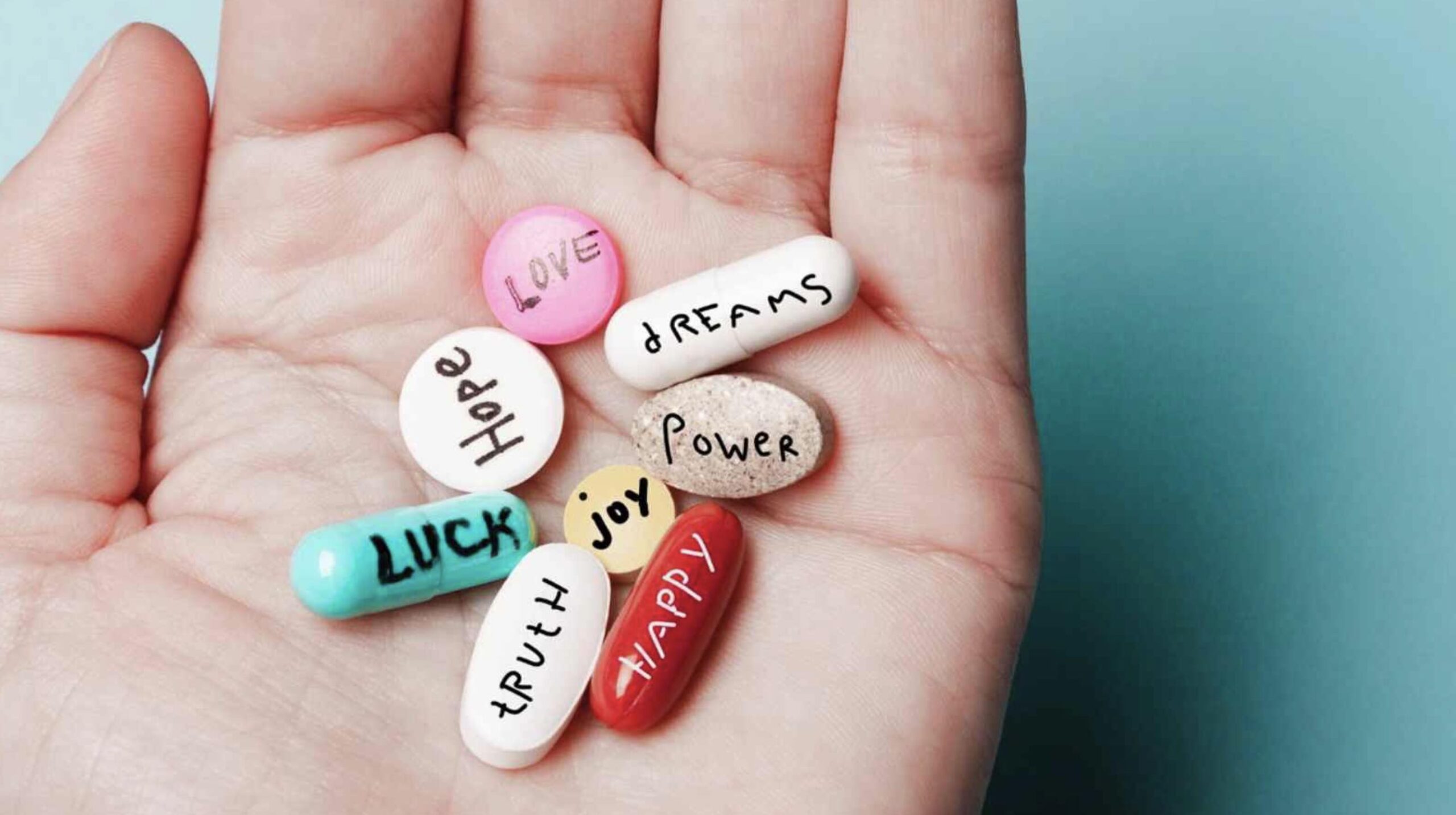It is the human experience, in the face of pain, to want to feel better.
As a result – and in conjunction with millennia of evolution – our brains can search for ways to help us feel better. It releases chemicals, which can be measured. Positive thinking and even prayer have been shown to benefit some patients. And the placebo effect — feeling better even though there was no “real” treatment — has been documented as a very real phenomenon for decades.
The placebo effect is thus very real.
Despite the best double-blinded randomised clinical trials researchers have devised for many diseases and conditions the ‘how and why’ the placebo effect occurs has remained quite a mystery.
The Placebo Paradox
In clinical research, the placebo effect is often seen in what we call the “sham” treatment group. That is, individuals in this group receive a fake pill or intervention that is supposed to be inert; no one in the control group is supposed to see a benefit. Except that the brain is so powerful and individuals so desire to feel better that some experience a marked improvement in their symptoms. Some placebo effects are so strong that individuals are convinced they received a real treatment meant to help them.
In fact, it’s thought that some individuals in the “actual” treatment group also derive benefit from the placebo effect. This is one of the reasons why clinical research of therapeutics is so difficult and demands as many volunteers as possible so scientists can separate out the treatment benefit (i.e. what is the real effect of the pharmaceutical pill) from the sham.
New Nondeceptive Research
A study out of Michigan State University found that nondeceptive placebos, or placebos given with people fully knowing they are placebos, effectively manage stress — even when the placebos are administered remotely.
Researchers recruited volunteers experiencing prolonged stress from the COVID-19 pandemic for a two-week randomised controlled trial. Half of the participants were randomly assigned to a nondeceptive placebo group and the other half to the control group that took no pills.
The participants interacted with a researcher online through four virtual sessions on Zoom. Those in the nondeceptive placebo group received information on the placebo effect and were sent placebo pills in the mail along with and instructions on taking the pills. COVID-related stress, overall stress, anxiety, and depression were assessed at the beginning, middle, and end of the study.
The study, published in Applied Psychology: Health and Well-Being, found that the nondeceptive group showed a significant decrease in stress, anxiety and depression in just two weeks compared to the no-treatment control group.
Participants also reported that the nondeceptive placebos were easy to use, not burdensome and appropriate for the situation. Compared with the control group, participants in the non-deceptive placebo group reported significant reductions from baseline in all primary affective outcomes after 2 weeks.
And now…
Exposure to long-term stress can impair a person’s ability to manage emotions and cause significant mental health problems long-term. It’s exciting to see that an intervention that takes minimal effort can still lead to significant benefits. This minimal burden makes nondeceptive placebos an attractive intervention for those with significant stress, anxiety and depression.
The researchers are particularly hopeful in the ability to remotely administer the nondeceptive placebos by health care providers. It increases scalability potential dramatically. Remotely administered nondeceptive placebos have the potential to help individuals struggling with mental health concerns who otherwise would not have access to traditional mental health services.
Future large-scale studies are needed to determine if non-deceptive placebos can be effective across different prolonged stress situations and for clinical populations.
REFERENCES:
J. Moser et al. Remotely administered non-deceptive placebos reduce COVID-related stress, anxiety, and depression. Applied Psychology Health and Well-Being. 14th August 2024, Open Access. https://doi.org/10.1111/aphw.12583
